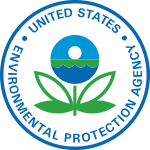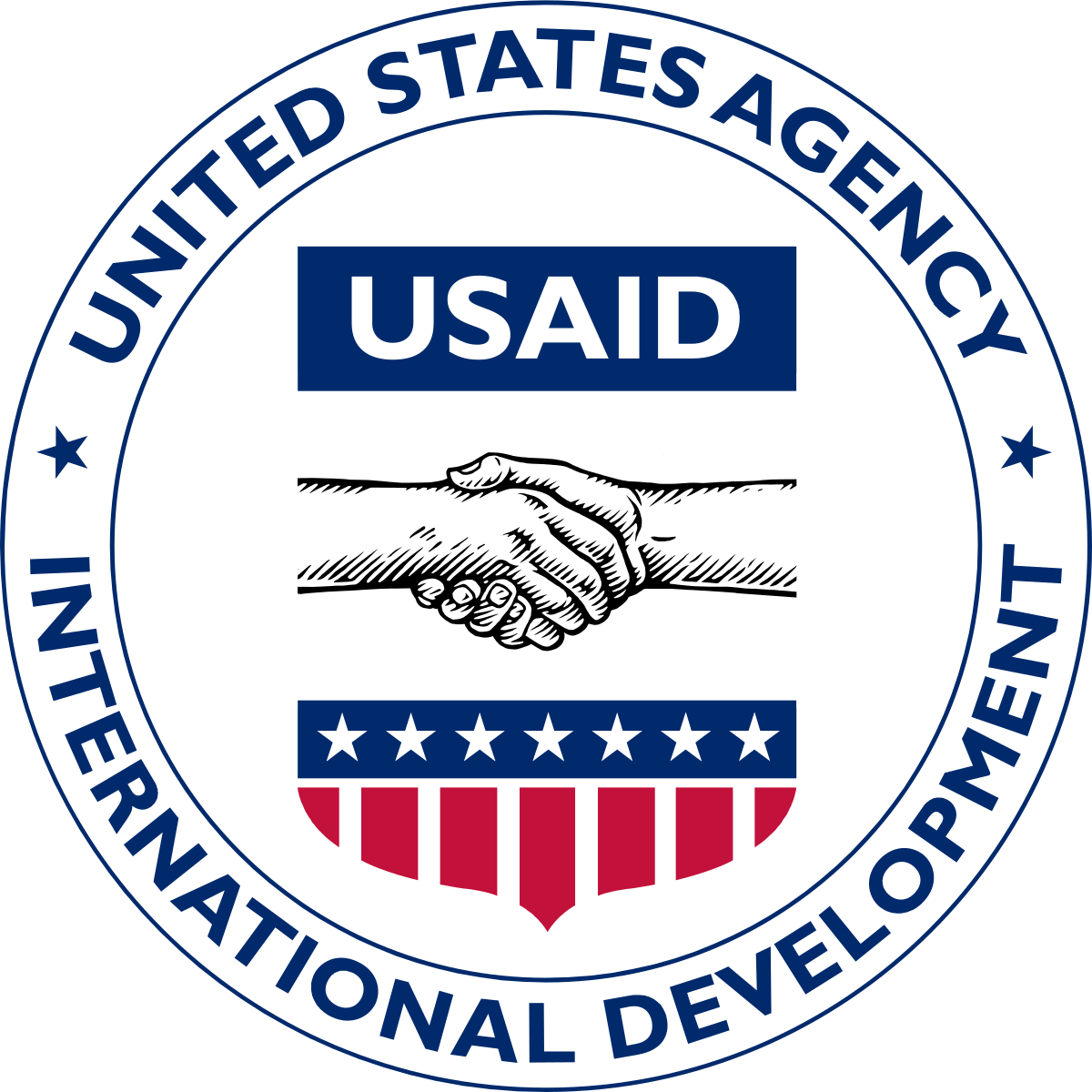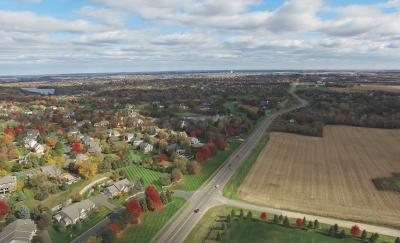Clean air, water, and land are fundamental to sustaining ecosystems, supporting human health, fostering biodiversity, and ensuring economic prosperity. Abt Global is at the forefront of sustainable solutions, shaping quality standards, regulations, and policies that protect human health and the environment. We design cutting-edge tools and models that monitor greenhouse gas emissions and help quantify public health effects from air pollution. We are leaders in methane mitigation, developing solutions at the nexus of solid waste, methane, and health. We have extensive experience with evaluating water quality impacts and addressing contamination caused by chemical compounds like per- and polyfluoroalkyl substances (PFAS) at the federal, state, and community level. We are champions of a circular economy approach to solid waste management. Our multidisciplinary expertise in data analysis, regulatory support, toxicology, policy development, and environmental and human health informs tailored sustainable solutions for our clients that address immediate environmental challenges and foster a healthier and more prosperous future for communities worldwide.
Expertise
- Emission Inventories and Control Strategies
- Water Quality Assessments
- Per- And Polyfluoroalkyl Substances (PFAS)
- Mitigation of Methane and Short-Lived Climate Pollutants
- Solid Waste Management
Clients Include

U.S. Environmental Protection Agency (EPA)

Department of Interior

United States Agency for International Development (USAID)

Australian Department of Foreign Affairs






















